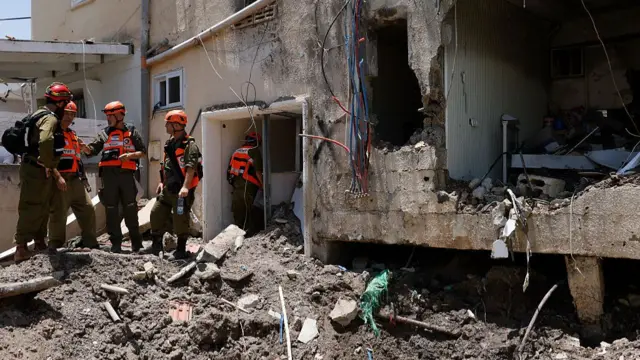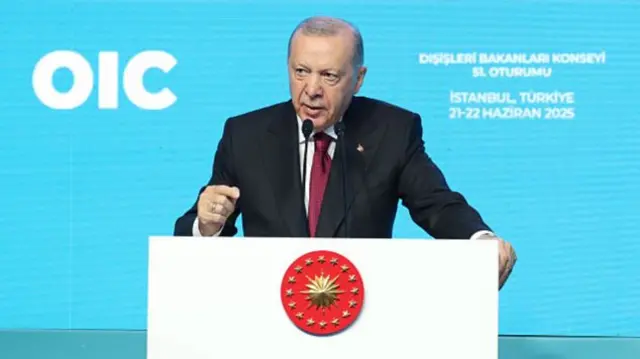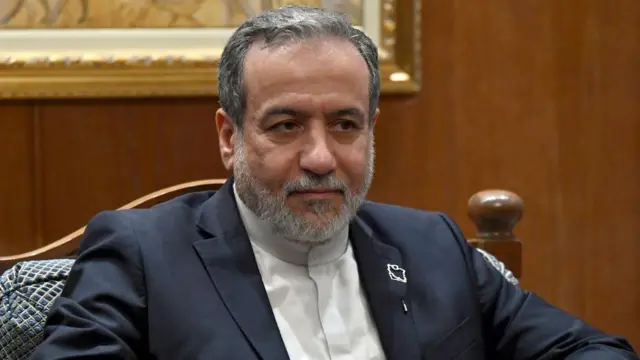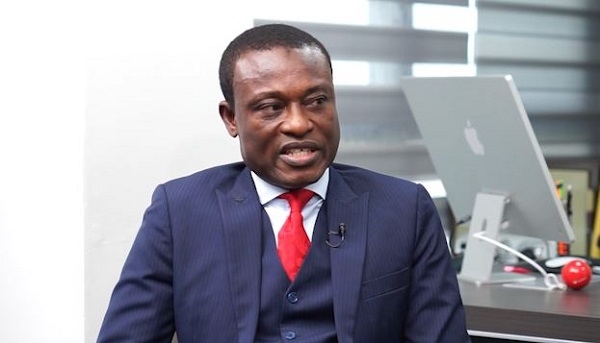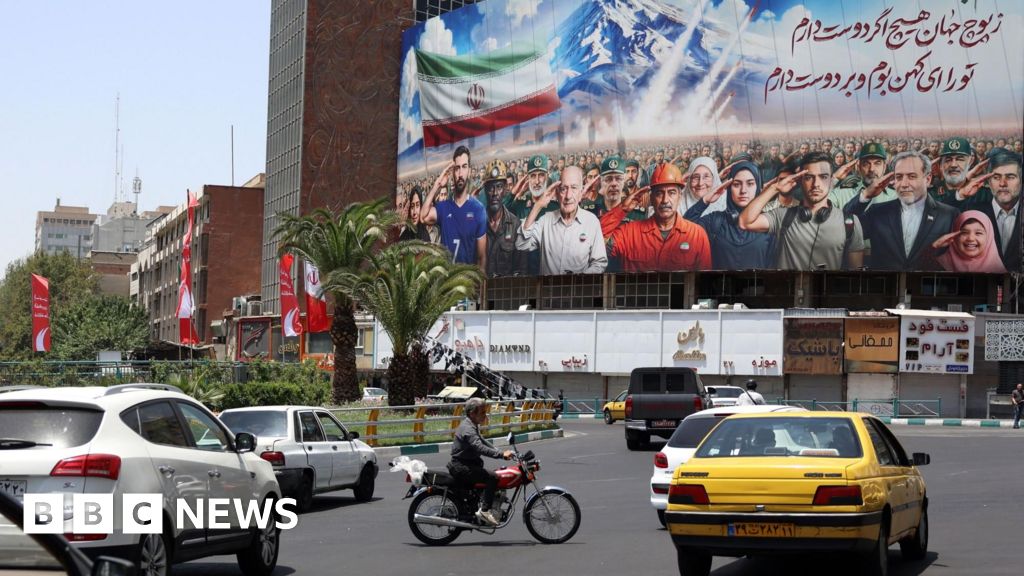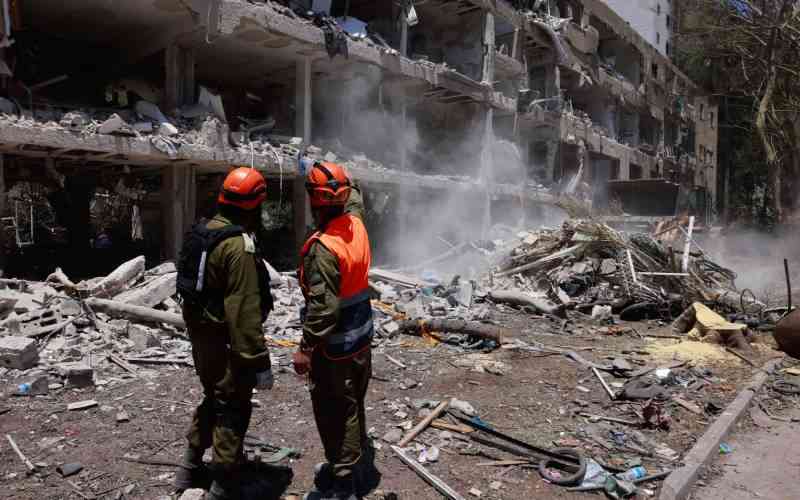World affairs correspondent
If confirmed, the killings of Saeed Izadi - the commander responsible for links with Palestinian groups within the IRGC’s elite Quds Force - and Behnam Shahryari - the head of Unit 190, which handles the smuggling of weapons and funds to Iran’s proxies - mark a significant blow to the IRGC.
Izadi was targeted in an apartment in the Shia holy city of Qom and Shahryari targeted by a drone attack in his car on the road in Western Iran.
These strikes, following a series of assassinations of top Iranian military officials over the past week, highlight serious vulnerabilities within Iran’s intelligence services.
They also underscore the extent to which Israel's spy agency Mossad may have infiltrated the Iranian security apparatus.
Successfully targeting high-ranking officials who have strong protection within Iran requires both human intelligence on the ground and sophisticated electronic surveillance.
Years ago, former intelligence minister Ali Younesi revealed that then-president Hassan Rouhani had warned Iran’s Supreme Leader Ali Khamenei that “Mossad is closer to us than our own ears” - a statement that now seems more relevant than ever.
